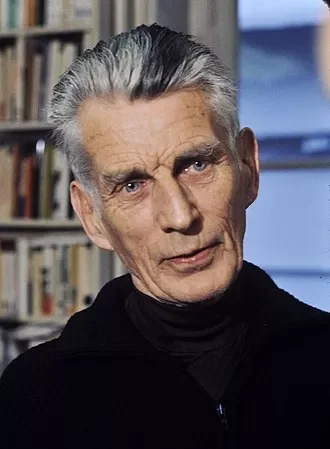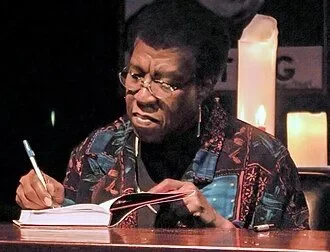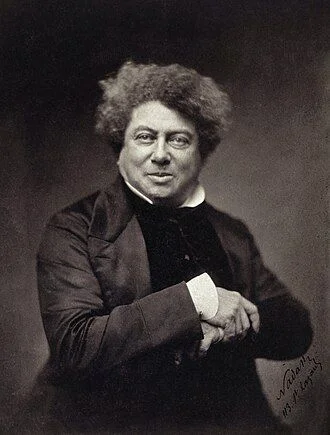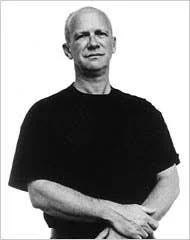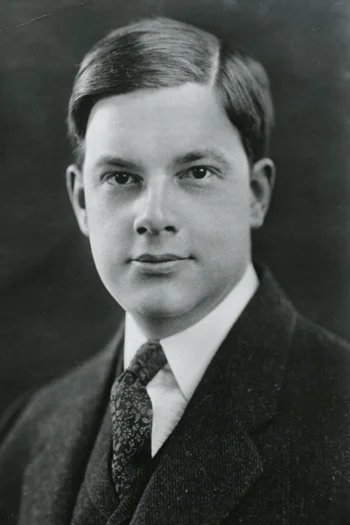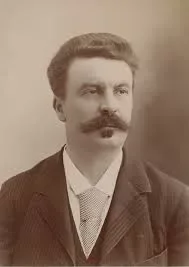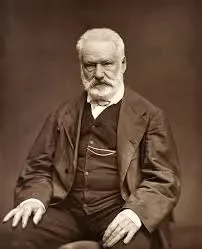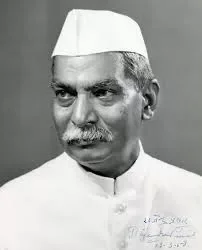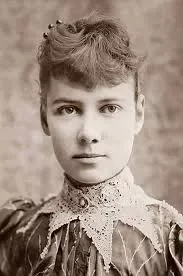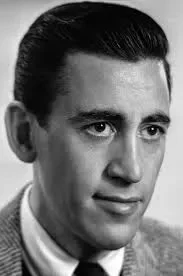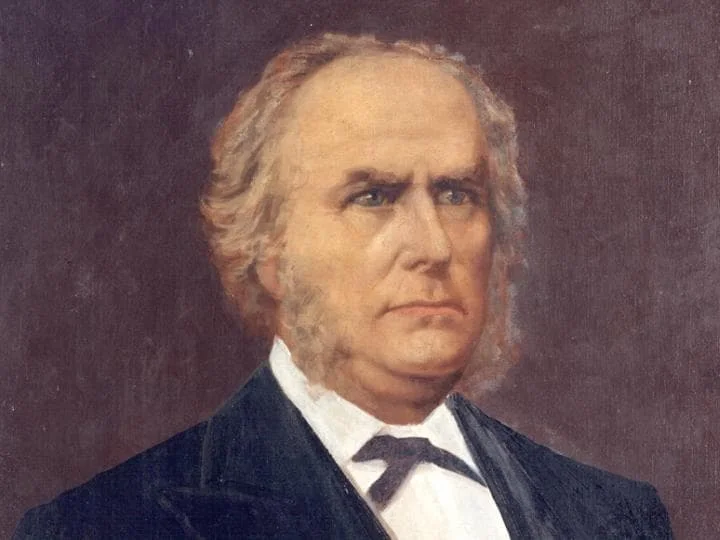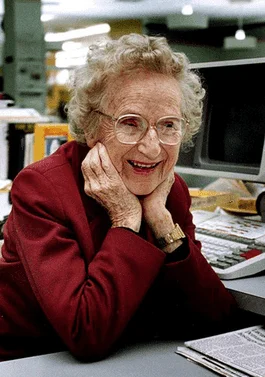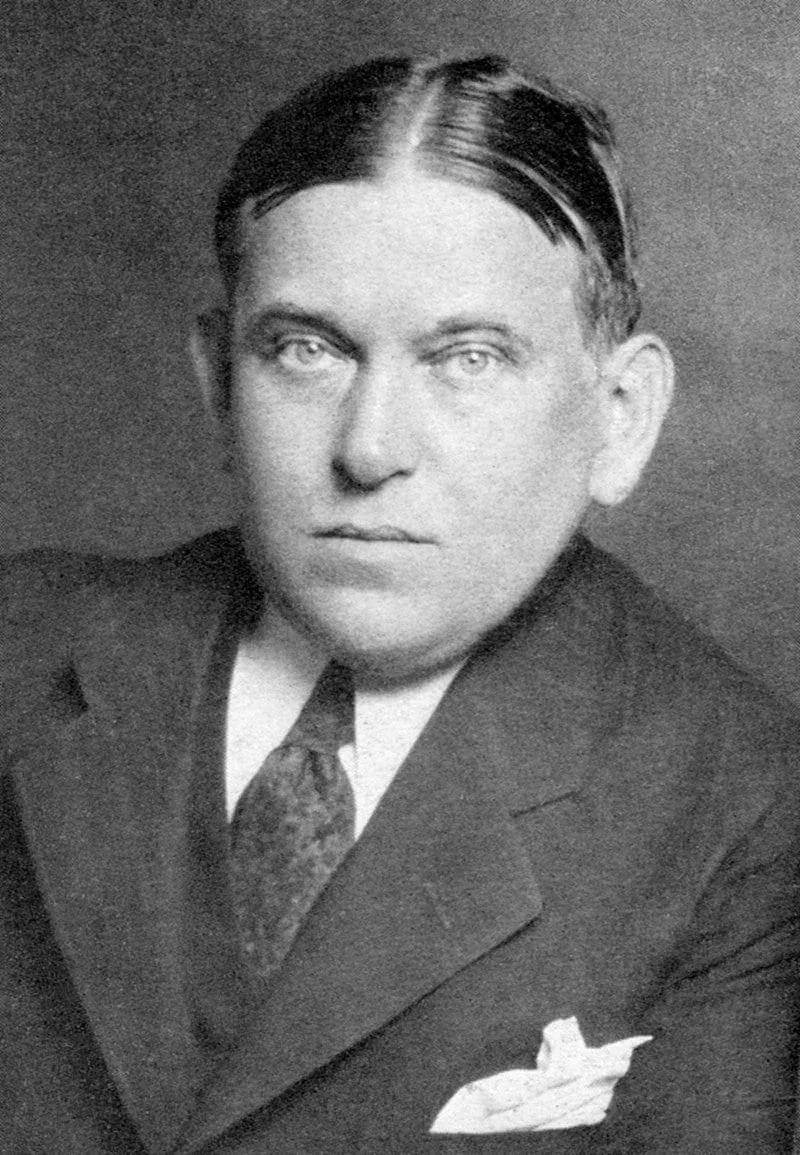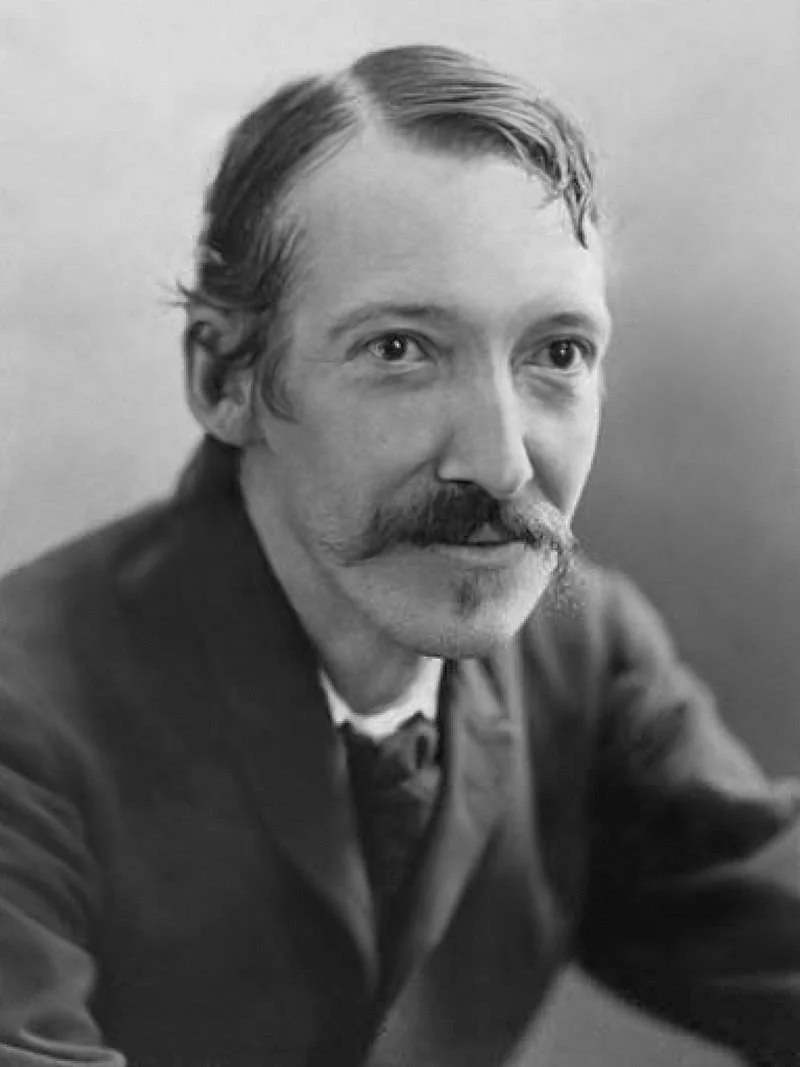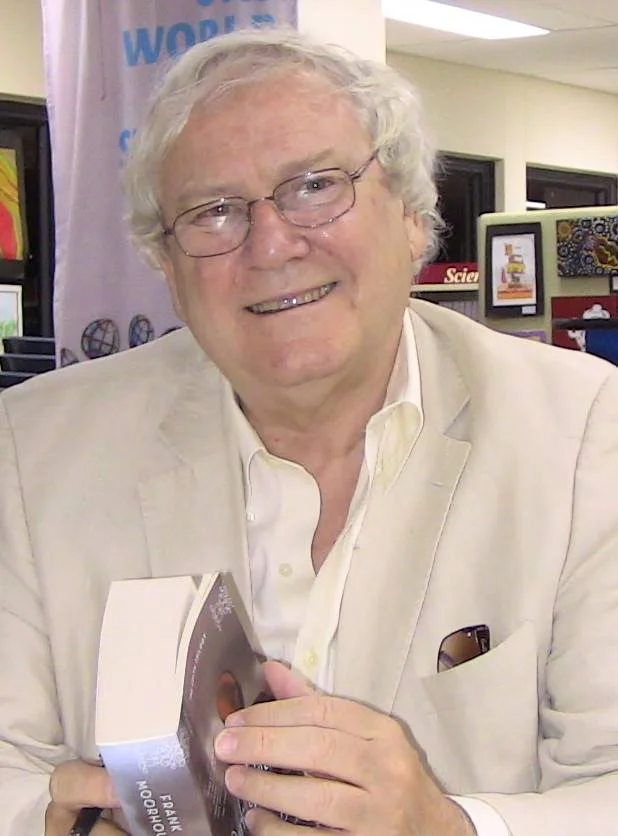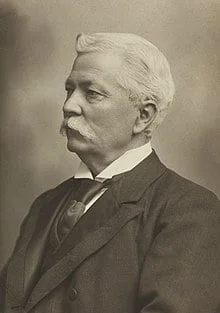Real Celebrities Never Die!
OR
Search For Past Celebrities Whose Birthday You Share
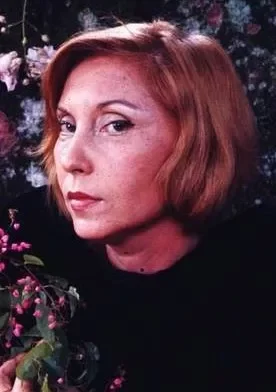
source:wikimedia.org
Clarice Lispector
Birthday:
10 Dec, 1920
Date of Death:
09 Dec, 1977
Cause of death:
Ovarian cancer
Nationality:
Brazilian
Famous As:
Journalist
Age at the time of death:
56
Clarice Lispector's Quote's
Clarice Lispector: A Literary Enigma
Clarice Lispector, born Chaya Pinkhasivna Lispector on December 10, 1920, in Chechelnyk, Ukraine, was a Brazilian novelist and short story writer. By the end of her life, she was one of the 20th century’s most important literary figures. Her distinctive style and insightful examination of the human condition have made a lasting impression on Brazilian and global literature.
Early Life and Immigration
Born to a Jewish family during a tumultuous period in Ukraine, Lispector’s early life was marked by hardship. Just after her first birthday, her family left Ukraine to escape the pogroms, eventually settling in Recife, Brazil. Clarice Lispector’s mother, Marieta (Mania) Lispector, passed away in 1930, leaving Clarice, only nine at the time, to cope with a tragedy.
Education and Formative Years
Lispector’s academic success continued despite the difficulties she faced. In Recife, she went to Colégio Hebreo-Idisch-Brasileiro, studying Hebrew and Yiddish in addition to standard subjects. Her family relocated to Rio de Janeiro in 1935, and she finished high school there. In 1939, Lispector began her studies at the University of Brazil’s renowned National Law Faculty.
Personal Life
In 1943, Lispector married Maury Gurgel Valente, a Brazilian diplomat. Their marriage, which lasted until 1959, resulted in two sons: Pedro (born 1948) and Paulo (born 1953). As a diplomat’s wife, she lived in several countries, such as Italy, Switzerland, England, and the United States.
Professional Career and Achievements
Lispector began her career in literature as a law student. She worked as a journalist and published her first known story, “Triunfo,” in 1940. In 1943, at the age of 23, she rocketed to literary fame with the release of her first novel, “Near to the Wild Heart”. Brazilian literature was revolutionized by the novel’s groundbreaking style and use of interior monologue.
Novels, short story collections, and children’s books are among the many works Lispector published throughout her career. Some of her most acclaimed works include “The Passion According to G.H.” (1964) and “The Hour of the Star” (1977). Her writing frequently examined identity, existence, and the intricacies of human connection.
Major Contributions and Impact
Lispector’s introspective and philosophical prose style drew comparisons to Virginia Woolf and James Joyce. Her unconventional narratives offered an intensely intimate look into her characters’ psyches.
She profoundly impacted Brazilian literature and is now among the nation’s most celebrated authors. Lispector’s impact reaches far beyond Brazil; her books are translated globally and taught internationally.
Later Years and Death
After returning to Rio de Janeiro in 1959, Lispector continued to write prolifically. She was seriously injured in a 1966 accident, resulting in persistent pain for the remainder of her life. This setback didn’t stop her from continuing her writing.
Clarice Lispector passed away on December 9, 1977, in Rio de Janeiro, just one day before her 57th birthday. She died from ovarian cancer.
Interesting Aspects
Lispector’s enigmatic personality and complex relationship with fame were well-known. She once famously said, “I’m so literary that I can only speak in quotation marks.” She wrote intensely and personally, often on her sofa with a typewriter, even while her children needed her.
Clarice Lispector’s unique literary voice thrives due to continued translations and critical studies that expand her lasting impact. Her life and work demonstrate how language can profoundly explore the human condition.
Name:
Clarice Lispector
Popular Name:
Clarice Lispector
Gender:
Female
Cause of Death:
Ovarian cancer
Spouse:
Place of Birth:
Chechelnyk, Podolia, Ukraine (then part of the Russian Empire)
Place of Death:
Rio de Janeiro, Brazil
Occupation / Profession:
Personality Type
Her mother died of syphilis, possibly contracted during a violent assault, when Clarice was nine.
She once stared down the Sphinx in Egypt and claimed, “I did not decipher her.”
She survived a 1966 fire caused by a lit cigarette, severely injuring her writing hand.
She was born during her family’s escape from Ukraine amidst pogroms.
Awarded the Jabuti Prize for Family Ties (1961)
Received the Carmen Dolores Barbosa Prize for The Apple in the Dark (1962)
Shortlisted for the Best Translated Book Award for A Breath of Life (2013).
Won the Graça Aranha Prize for Near to the Wild Heart (1943)

